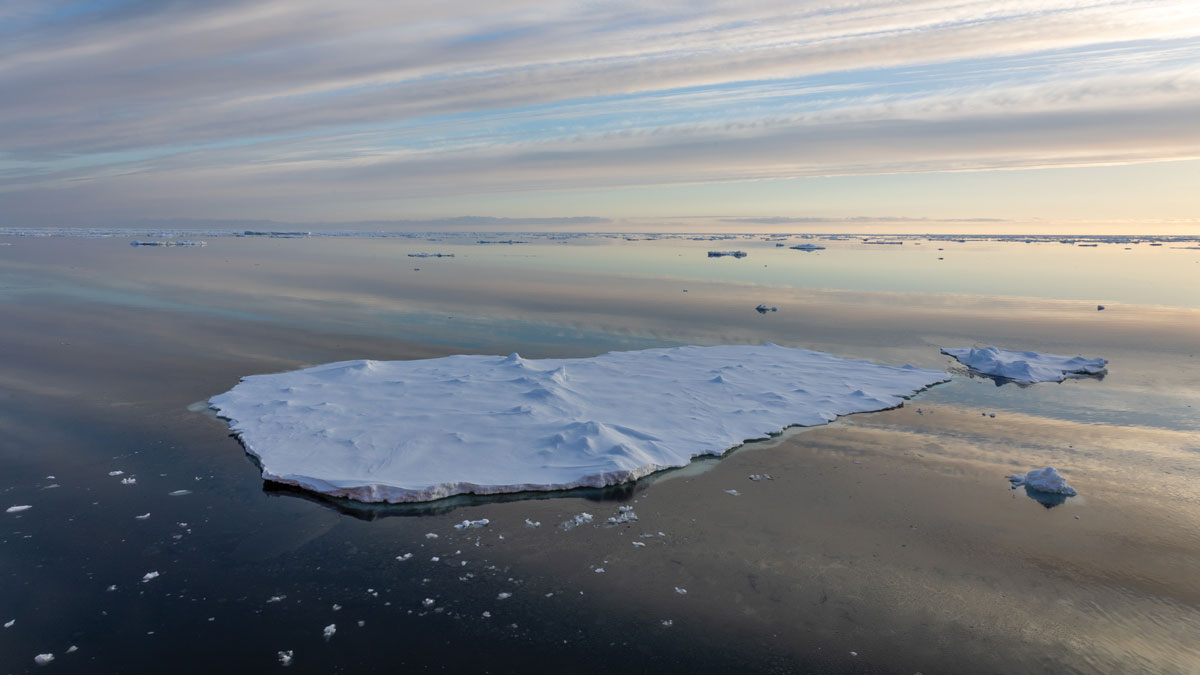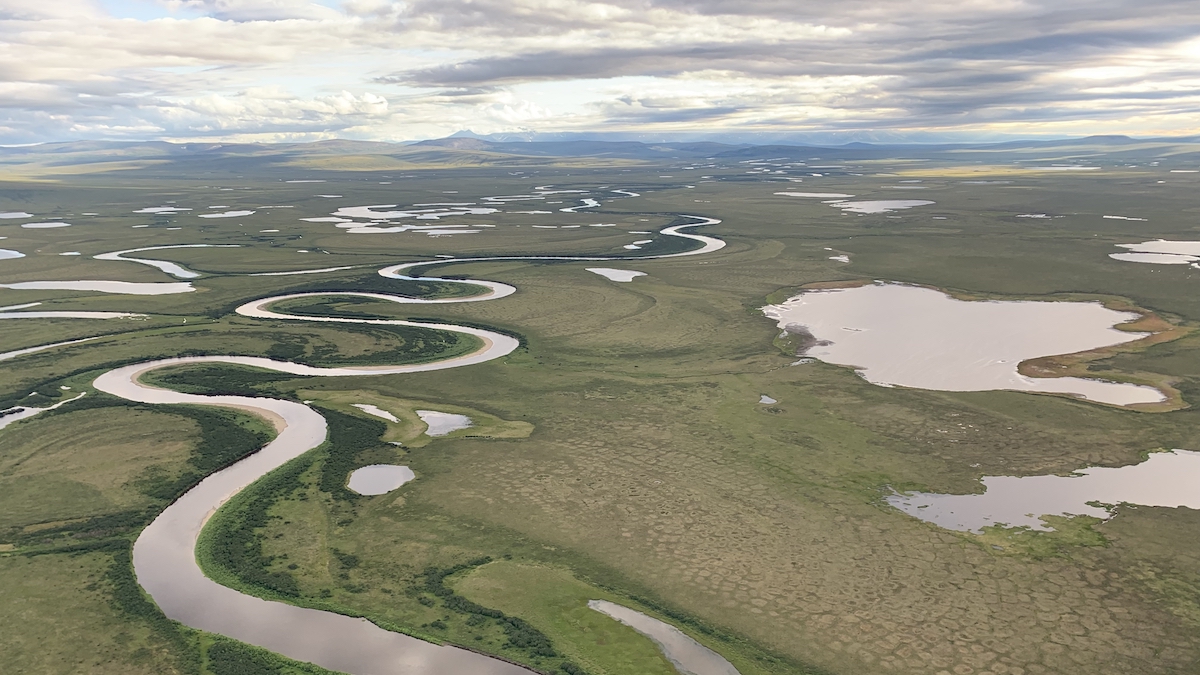研究人员通过分析海豹和水下滑翔机收集的水文信息,发现了新的融水流,以及一个新的海底槽。
sea ice
Seals Help Scientists Make Discoveries in Antarctica’s Bellingshausen Sea
By analyzing hydrographic information gathered by seals and an undersea glider, researchers found new meltwater currents, as well as a new seafloor trough.
Cerrando la brecha entre las geociencias y la seguridad nacional
La comunidad de geociencias y las agencias de seguridad nacional necesitan una comunicación efectiva y bidireccional para intercambiar información.
Confined at Sea at the End of the World
Embedded on a research cruise in the Antarctic, a journalist joins a scientists’ “summer camp.”
Holes in Ross Sea Ice Grow and Shrink in Unexpected Cycle
Changes in polynya area in the Ross Sea region off Antarctica follow a previously unidentified 16-year periodicity.
Monitoring Polar Ice Change in the Twilight Zone
Landsat’s new extended data collection program is mapping Arctic and Antarctic regions year-round, even in polar twilight.
Bridging Gaps Between the Geosciences and National Security
The geoscience community and national security agencies need effective, two-way communication to exchange information.
Another Record-Breaking Year in the Arctic Amplifies Calls for More Data
A downward spiral of the Arctic’s ecological health and climatic conditions continued in 2023, causing problems for people, plants, and animals, according to a new NOAA report.
Arctic Ice Loss Could Shorten Winter Feeding Time for Zooplankton
The Arctic’s thinning sea ice allows more light to penetrate deeper into the ocean, holding zooplankton far beneath the surface.
Winds Clear Sea Ice Through Fertile Arctic Waters
The North Water polynya might not be as dependent on a sea ice bridge as previously thought, but not everyone is convinced.










